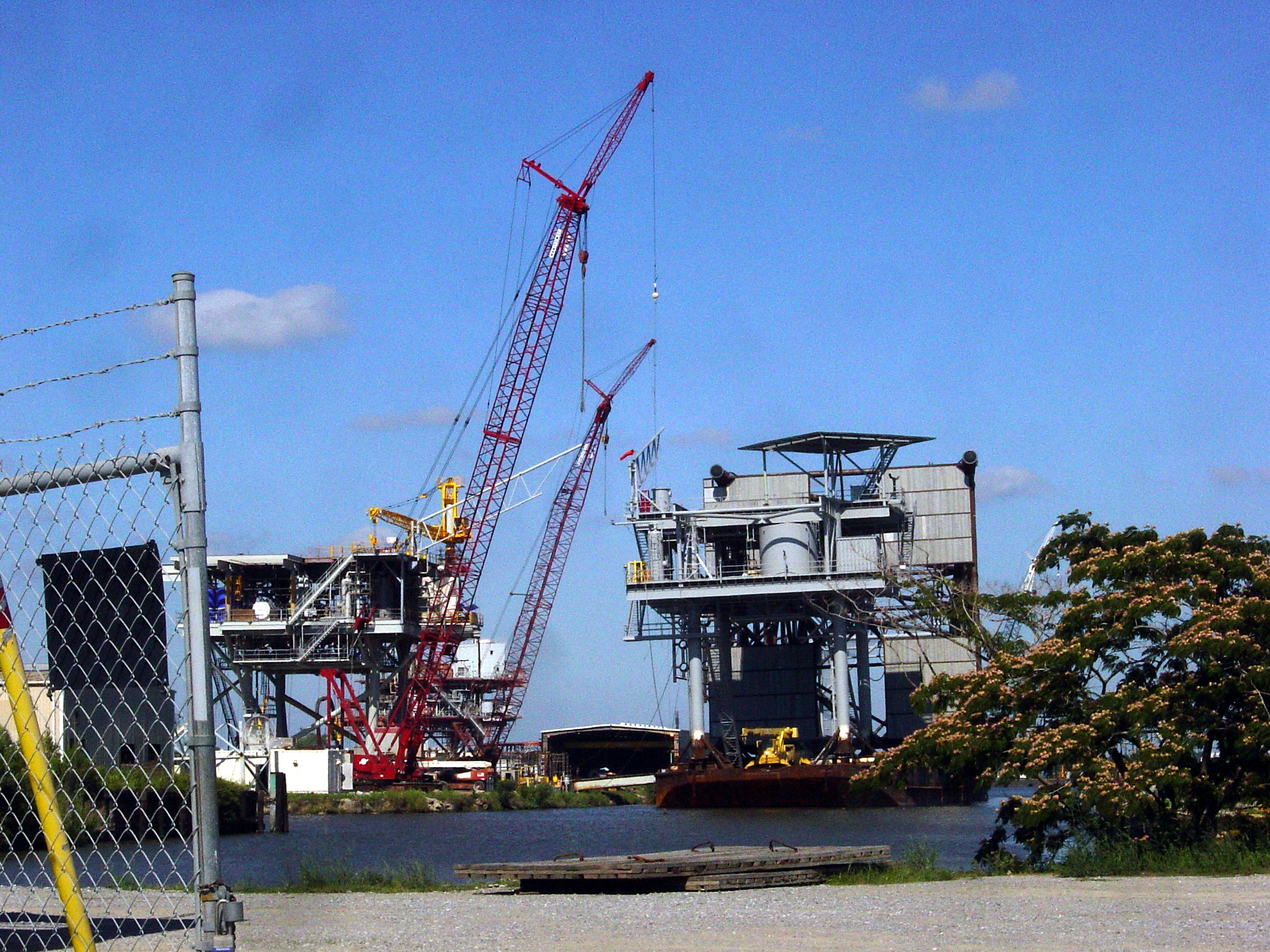
09 Oct Does Wall Street control stock prices?
Photo: macshack/morguefile.comQ. Ever since the destruction of Wall Street and large banks I don’t trust Wall Street. Why is it, when oil companies pay their dividends, the market is up for those stocks? Can Wall Street control the market on specific days?
— Suspicious
A. The phrase “control the market” is a pretty strong one.
There are certain actions, though, that do tend to impact the market, or at least parts of it.
To your question, there are three dates that investors should keep in mind for dividend paying stocks and their dividend payments, said Andy Kapyrin, director of research at RegentAtlantic in Morristown.
The dates are the ex-dividend date, the record date and the pay date.
Kapyrin said an investor buying a stock after the ex-dividend date is not entitled to the current dividend payment.
“The ex-date is the day on which we would expect the stock price to fall by about the amount of the dividend payment,” he said. “In most cases, dividend payments are small relative to the value of the stock so the drop in the stock price on ex-date is often lost in the broader ups and downs of the market.”
The record date is the day on which an investor has to be a holder of record to receive a dividend payment, he said. This is two business days after the ex-date.
“The payment date can be shortly after the ex and record dates, but in some cases they are weeks or even months later,” Kapyrin said. “This is the reason you may see a disconnect between when an oil company, or any other business, pays a dividend and when the corresponding drop in the stock price happens.”
Email your questions to Ask@NJMoneyHelp.com.
This post was first published in October 2017.
NJMoneyHelp.com presents certain general financial planning principles and advice, but should never be viewed as a substitute for obtaining advice from a personal professional advisor who understands your unique individual circumstances.
